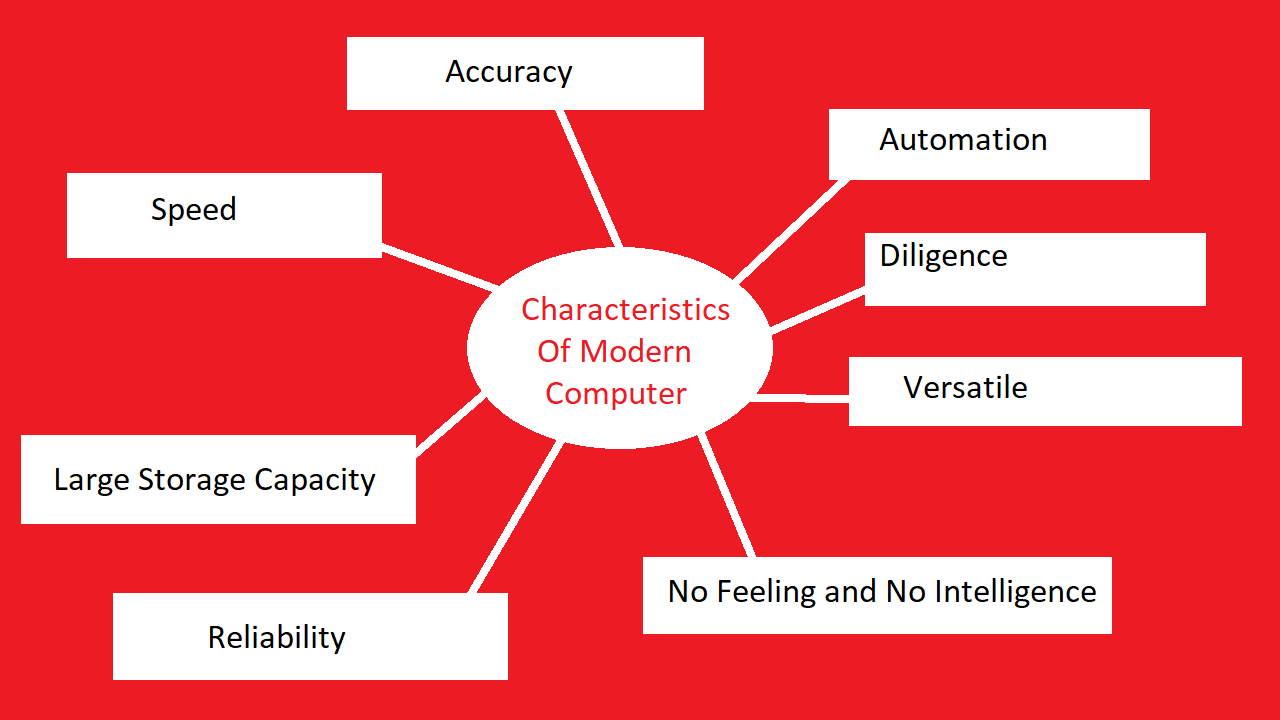How To Protect Your Phone From Being Hacked? | 8 Ways To Protect Smartphone From Being Hacked
Nowadays many hacking attacks are practiced by many hackers and many smartphones and computers are being hacked. It becomes necessary for every smartphone user to be aware of these hackers who hack other systems for illegal purposes. Below I have mentioned 8 tips to protect your smartphone from being hacked.
Install Apps from Official App Store
Most hackers develop malicious applications and spread them on the internet. Later, many people download them, and their smartphone data become compromised. Their data are compromised/hacked because they install an application from unknown sources on their smartphone. You should always apps/games from official sources like Google PlayStore, Apple Appstore, and other known sources to protect your smartphone data from being compromised.
Don't Give Unnecessary Permission To Any Apps
If you go on your smartphone Apps settings and check the Permission, you will see that many apps have access to almost every part of your smartphone like camera, storage, contact, microphone, etc. Many apps need these permissions if their application has such need. But, if the application is asking for Camera, Microphone, Storage, Contact, etc permissions for no reason, uninstall it right away because it might be tracking your data. Before accepting permission for any application, think about why the particular app needs that permission, if it is necessary, accept it else deny it.
Don't Click On Any Random Links and Message
Most of the hackers use Phishing techniques, where they send a virus or any harmful program attached with links and messages to steal the user data. You must be aware before clicking on any links you have received through messages, web pages, and others.
Don't Use Public/Free Wifi
If you want to use the Internet, you should use your router net or use the Data of any SIM company. I will never recommend you to use public or free wifi because everything you do on the internet can be tracked and if you use someone else network, they can track you. So, never use the public or free wifi.
Use a VPN
Using a VPN will be the most secure way to protect your data. VPN will help you to protect your data from being tracked by hackers, network providers, etc. If you are using the wifi of the hotel, restaurant, airport, etc you should enable VPN on your smartphone.
Don't Give Your Smartphone To Stranger
It will be a very stupid thing if you give your smartphone to a stranger or anyone whom you don't trust. That stranger might steal your phone and run away or can copy your personal data into his/her computer. Anything can happen. So never ever try to give your smartphone to anyone.
Don't Share Password With Friends And Others
Don't ever try to give the password of your online account, smartphone, bank account PIN code, etc to anyone. You don't know but many people can use your data to do any illegal activities.
Don't Use Same Password For All the Accounts
If you use the same password to log in to your Facebook, Instagram, Google, Twitter, etc account, you are the most stupid guy in the world. Imagine if a hacker knew the password of your Facebook account and later he/she knew your all online accounts password are the same. All accounts will be compromised and the hacker can use them to blackmail you, or for other illegal purposes. So never keep your different account password the same. If your different account passwords are different your many confidential data will be protected.








